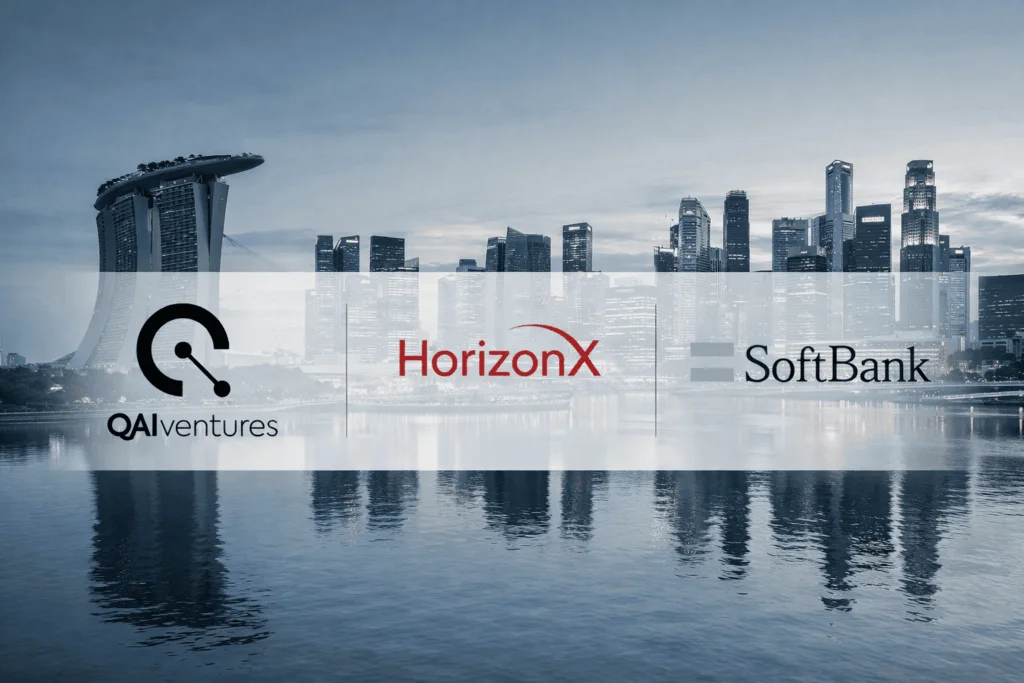Insider Brief
- The UK and US launched the Tech Prosperity Deal, committing to joint development of AI, quantum, and nuclear technologies backed by £31 billion in private investment.
- Major U.S. firms including Microsoft, Google, NVIDIA, OpenAI, and CoreWeave will expand UK data centers, AI infrastructure, and quantum collaborations, with NVIDIA deploying 120,000 GPUs and Microsoft building the country’s largest AI supercomputer.
- The partnership includes a UK-US quantum taskforce, AI models for drug discovery and fusion research, and nuclear projects aimed at boosting energy security and high-skilled jobs.
- Photo by derwiki on Pixabay
The UK and US governments have launched a sweeping technology partnership that binds the two nations in artificial intelligence, quantum computing, and nuclear energy, backed by tens of billions in private investment and new public research schemes, according to a statement from the UK government.
Announced during the U.S. President’s state visit, the “Tech Prosperity Deal” commits the UK and US to aligning resources on fast-growing technologies. The UK government said the agreement includes a joint push on AI infrastructure, next-generation quantum computers, and new nuclear projects designed to cut red tape and accelerate deployment. Officials framed the partnership as a way to secure jobs, strengthen security, and position both countries at the front of emerging industries.
The announcement coincides with a wave of investment commitments worth about £31 billion from American technology companies. Microsoft, Google, NVIDIA, OpenAI, CoreWeave, and others pledged new funds for UK data centers, AI chips, and research projects. Those commitments build on £44 billion the government said has already flowed into the UK’s AI and tech sector in recent years.

Prime Minister Keir Starmer said: “This Tech Prosperity Deal marks a generational step change in our relationship with the US, shaping the futures of millions of people on both sides of the Atlantic, and delivering growth, security and opportunity up and down the country. By teaming-up with world-class companies from both the UK and US, we’re laying the foundations for a future where together we are world leaders in the technology of tomorrow, creating highly skilled jobs, putting more money in people’s pockets and ensuring this partnership benefits every corner of the United Kingdom.”
Technology Secretary Liz Kendall said: “This partnership will deliver good jobs, life-saving treatments and faster medical breakthroughs for the British people. Our world-leading tech companies and scientists will be working together to transform lives across Britain. This is a vote of confidence in Britain’s booming AI sector – building on British success stories such as Arm, Wayve and Google Deepmind – that will boost growth and deliver tens of thousands of skilled jobs.”
AI Infrastructure Buildout
According to the UK government statement, Microsoft will invest £22 billion in cloud and AI infrastructure, including construction of the UK’s largest AI supercomputer. Built with Nscale, the system will house more than 23,000 advanced graphics processors to train and run AI models. Google plans a £5 billion investment, spanning a new data center in Hertfordshire and ongoing research at DeepMind. CoreWeave will direct £1.5 billion toward UK operations, partnering with Scottish firm DataVita to build a large AI data center powered by renewable energy.
NVIDIA’s contribution stands out: the company will supply 120,000 advanced GPUs across the UK, the largest rollout it has made in Europe. Much of the infrastructure will support the Stargate UK project, developed with OpenAI and Microsoft, which will be based partly in the North East’s new “AI Growth Zone.” British chip designer Arm’s semiconductor designs will underpin NVIDIA’s newest processors, demonstrating the cross-Atlantic integration.
The UK government said these infrastructure commitments are expected to create thousands of jobs while ensuring British businesses have access to the computational power required to compete in AI.
Founder and CEO of NVIDIA Jensen Huang said: “Today marks a historic chapter in U.S. – United Kingdom technology collaboration. We are at the Big Bang of the AI era – and the United Kingdom stands in a Goldilocks position, where world-class talent, research and industry converge. By building state-of-the-art AI infrastructure and investing in British startups, we are unlocking the power of AI for the U.K. – fuelling breakthroughs, creating jobs, and igniting the next industrial revolution.”
Sam Altman, CEO of OpenAI, said: “The UK has been a longstanding pioneer of AI, and is now home to world-class researchers, millions of ChatGPT users, and a government that quickly recognized the potential of this technology. Stargate UK builds on this foundation to help accelerate scientific breakthroughs, improve productivity, and drive economic growth. This partnership reflects our shared vision that with the right infrastructure in place, AI can expand opportunity for people and businesses across the UK.”
Quantum as a Priority
While AI investment dominates the numbers, quantum computing has been positioned as a parallel pillar. The UK government said the partnership will establish a joint taskforce of leading researchers from both nations, backed by industry exchanges to accelerate adoption in healthcare, defense, finance, and energy.
Officials underscored healthcare as the near-term prize. Traditional drug discovery depends on approximating molecular interactions, a process that takes years and costs billions. Quantum computers, which can simulate molecules directly, could speed up this work. According to the government’s statement, millions of patients could receive life-saving treatments faster if quantum methods for drug discovery scale.
The UK highlighted existing momentum: Oxford Quantum Circuits recently installed New York City’s first quantum computer, in collaboration with NVIDIA and Digital Realty. U.S. quantum firm IonQ has set up an R&D hub in Oxford following its merger with UK start-up Oxford Ionics. The UK government framed these moves as flagship examples of transatlantic collaboration in next-generation technologies.
The deal goes beyond separate tracks for AI and quantum, tying the two together in joint projects. Both governments plan to co-develop AI models for medical research and fusion energy. By combining the predictive power of AI with the simulation capabilities of quantum computers, the UK government said researchers could cut the time and cost of developing new treatments and technologies.
NASA and the UK Space Agency will also use AI models developed under the partnership for exploration missions, including future work on the moon and Mars. Google DeepMind is expected to advise both governments on how scientists can use AI tools for discovery, while continuing its work with the UK Atomic Energy Authority on fusion research.
Expanding Investment Beyond AI
Alongside the big names, a range of other firms made commitments. Salesforce pledged £1.4 billion through 2030 to expand UK R&D, positioning the country as an AI hub for Europe. AI Pathfinder, a domestic start-up, will invest £1 billion in compute capacity, beginning in Northamptonshire. BlackRock announced £500 million for enterprise data centers, while Oracle and Amazon Web Services reaffirmed multibillion-pound investment programs.
The UK government noted that NVIDIA will also invest directly in UK AI start-ups, giving smaller companies access to capital and infrastructure. Industry group techUK will collaborate with NVIDIA, robotics firm Quanser, and training provider QA to fund training programs and support start-ups seeking to commercialize AI.
Satya Nadella, Chairman and CEO, Microsoft: “We’re committed to creating new opportunity for people and businesses on both sides of the Atlantic, and to ensuring America remains a trusted and reliable tech partner for the United Kingdom. That is why we are doubling down on our investment in the UK, investing more than $30 billion over 4 years, including building the country’s largest supercomputer.”
Though AI and quantum dominate the deal, nuclear energy also features prominently. The UK government said the partnership will cut licensing times for new reactors, giving British consumers more protection from swings in fossil fuel prices. The deal extends to fusion energy, where shared UK-US expertise could speed commercialization. Officials cast this as part of a broader mission to secure clean energy supplies and reduce reliance on imports.
The UK government emphasized that the partnership is already producing visible results, from the billions in new investment to the rollout of GPUs and data centers. Whether these moves succeed in building sustainable leadership in AI and quantum remains an open question, but the scale of commitments suggests the UK and US are intent on setting the pace.















